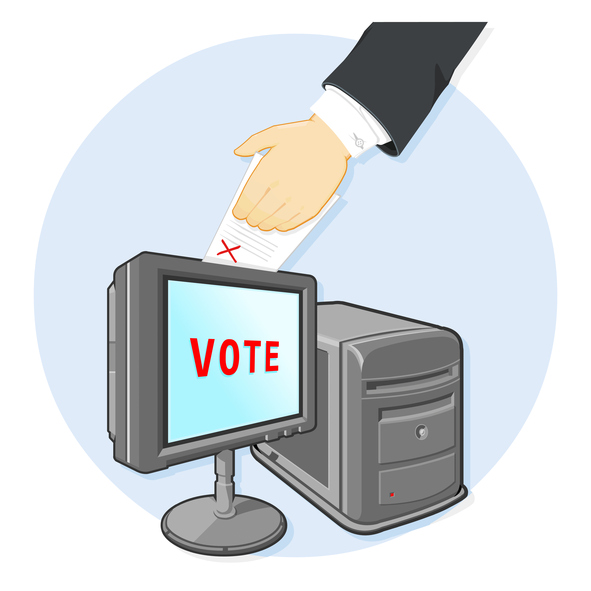In September 20, 2011, I posted an article reminding Arizona nonprofits that a board vote conducted by email is not a legal vote. Instead, we recommended emailing a consent resolution and having each board member sign it and send it back. In that post, we discussed the need to obtain an original, faxed, or secure digital signature.
Shortly thereafter, Arizona passed the Uniform Electronic Transactions Act (the UETA) which aims to prepare state law for the electronic commerce era. UETA provides uniform rules to govern transactions in electronic commerce and has been adopted in nearly every state.[1]
In light of UETA, the Arizona legislature has amended the Arizona Nonprofit Corporation Act’s provisions on unanimous consent resolutions to state as follows:
10-3821. Action without meeting
E. For the purposes of this section, a consent may be signed using an electronic signature as defined in section 44-7002.
A.R.S. Section 44-7002 defines an electronic signature as:
[A]n electronic sound, symbol or process that is attached to or logically associated with a record and that is executed or adopted by an individual with the intent to sign the record.[2]
Under this definition of an electronic signature, responding yes or no in response to a question regarding whether a measure is approved suffices as an electronic signature for purposes of unanimous written consents. This change makes it much easier to obtain approval of resolutions particularly with regard to time sensitive matters.
However, nonprofits should not over-rely on consents approved by email. Votes regarding high stakes decisions such as firing the chief executive, removing a board member, approving a major financial transaction or approving a legal strategy should require actual handwritten or secure digital signatures. Otherwise, the organization will have no way to prove the authenticity of an emailed response if a board member later disavows his or her vote.
Also, this change does not alter the protocol for board meetings. Unanimous written consents in lieu of a board meeting is only valid if it is signed by all board members. The broadening of what is considered a signature does not impact actual meetings. E-mail boards meetings are still impermissible under the law of Arizona and most states. The law in Arizona and most other states is still that:
Boards may conduct “. . . meetings by or through the use of any means of communication by which all directors participating may simultaneously hear each other during the meeting.”
Ellis Carter is a nonprofit lawyer with Caritas Law Group, P.C. Ellis advises nonprofit and socially responsible businesses on corporate, tax, and fundraising regulations. Ellis is licensed to practice in Washington and Arizona and advises nonprofits on federal tax and fundraising regulations nationwide. Ellis also advises donors with regard to major gifts. To schedule a consultation with Ellis, call 602-456-0071 or email us through our contact form.
[1] As of the date of this post, three states, Illinois, New York and Washington, have not adopted UETA but have statutes dealing with electronic transactions. Other states may have made additional adjustments to UETA so nonprofits in states other than Arizona need to check with counsel in their states to determine whether emailed consents are permissible.
[2] A.R.S. Section 44-7002(8).

